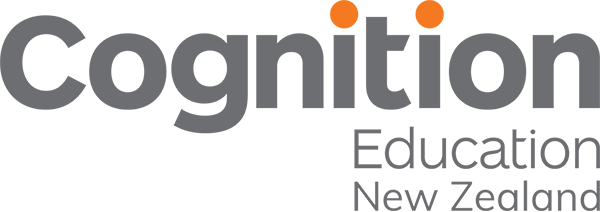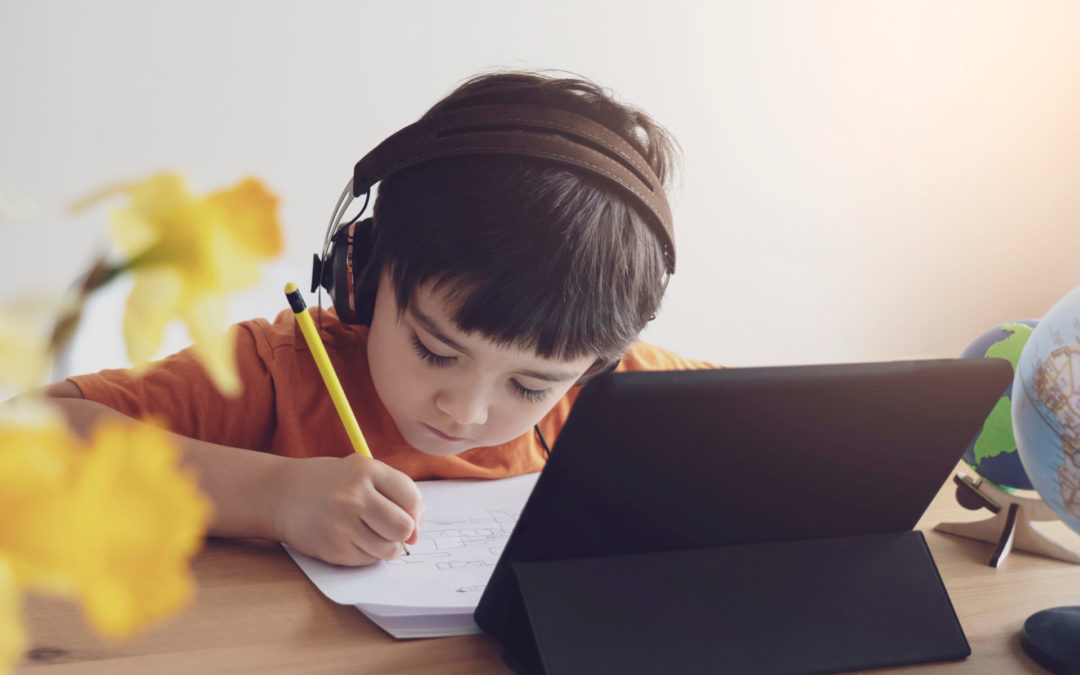by Steve Saville and Rebecca Thomas
The world has managed distance learning on and off for over a year. Recently New Zealand entered a strict lockdown, and distance learning has resumed. NZ has had 9 weeks of lockdown since the COVID-19 pandemic began which is much shorter durations than other parts of the world e.g. United States has had 58 weeks; Canada has had 51 weeks; and our Australian neighbours 27 weeks.
This has made us question:
- What can we learn from those countries around the world whose lockdown experiences were far longer and more disruptive than those in New Zealand?
- How can the international educational community inform us about managing the distance learning experience effectively and in a way that is also supportive of NZ communities?
Our communities look to us for a response that enables education to provide some solutions to the disrupted world that we have found ourselves in. What role do we as educators play while students’ learning remains in flux? Furthermore, what lessons have we learnt as an international community and how might these lessons inform our responses as we continue to navigate helping students achieve outcomes?
Research studies from around the globe have some repeated themes at their heart that illustrate how we are best able to manage disruption:
#1 Taupua e te whānau – support our families, foster parental involvement
The OECD Strengthening Online Learning While Schools are Closed report has found that “students display more positive attitudes and dispositions towards learning when they benefit from more parental emotional support”.
Not surprisingly, the fostering, nurturing and protecting of relationships is just as important in the distance education world as it is in the physical one.
#2 Whai Whakaaro – Reflection
The second theme emerging during lockdowns is the importance of teacher reflection. If you haven’t read Michael Fullan’s ‘Education Reimagined’, add it to your lockdown reading list. The report discusses how we will move in and out of disruptive phases as we navigate lockdowns.
Michael Fullan and, The Council of Europe in Making the Right to Education a Reality in Times of COVID-19 both agree that we should build time for reflection into our actions. They suggest “insights from remote learning” will enable us “to shape new, flexible, agile, hybrid deep learning models”.
The Council of Europe stated that when “Educators and learners become aware of the competences they have or might yet acquire in order to cope with the effects of the COVID-19 crisis,” we can begin to shape more meaningful experiences for everyone in our community.
The Ministry of Education has provided a Distance Learning Review Tool which can be downloaded and edited to support schools’ reflection.
It is only through reflection that we can analyse our actions and develop the next steps. It is only through reflection that we will improve on what we delivered yesterday. The landscape changes so quickly that we run the risk of simply staying in response or react mode; without reflection there is no guarantee that this responsiveness will be effective. We need to think of reflection as being proactive and preparing for the next phase of how we are presenting learning opportunities via distance educational experiences. Reflection is also important to consistency in teaching practice – especially as we move in and out of phases of disruption.
#3 Preparing for more disruption
The third theme which we can see globally, is the importance of self-efficacy in managing consistent disruption. We should continue to focus more on building student self-efficacy; the more we do this the easier will be the transitions between in school and distance learning. The OECD found that the following non-cognitive skills amongst our ākonga are helpful in developing the levels of intrinsic motivation that are necessary for successful distance learning:
- Ambition to learn – do ākonga know how to set their own ambitious learning goals?
- Relevance – what is the value of school for our tamariki? Is it central to their future careers? Help them make those connections via their learning.
- Belonging – do all ākonga feel they belong and can contribute to their community?
- Commitment – do they seek ways to improve their performance based on intrinsic motivation?
- Efficacy – the ability to overcome problems on their own.
- Satisfaction – enjoyment of learning and the love of reading.
In addition to student agency, there are also a number of additional factors to consider when preparing for disruption and distance learning including access to technology, digital fluency, literacy (and the list goes on).
#4 Kōrero paki – stimulate reading in students
A final theme, that has emerged from across countries in extended lockdown periods is the skill and importance of reading in managing distance learning.
As we know reading helps build a base knowledge of the world, and in order to access online learning, students require a certain level of skill in reading. This is a skill we need to keep growing during and beyond lockdown, and potentially in preparation for the next disruption so all ākonga can access online learning.
However, we also need to consider how technology can offer alternative ways of learning during lockdown, and afterwards. Maybe instead of sending worksheets home, sharing online stories would be a powerful way to connect and build vocabulary and enjoyment. Remote reading, 15-minute video conferencing sessions where ākonga can visit an online breakout room for a discussion afterwards, or visiting virtual libraries, are some of the great ways to get books into homes. Being agile in the way we harness digital technology will help make for richer learning experiences.
We know that critical thinking is a key skill that needs to be developed in children. Distance learning provides us with an opportunity to highlight this skill through a diverse, rich and challenging reading programme that is stimulating and thought-provoking.
Life in digital classrooms presents many challenges, but from these challenges, we can also see how resilient everyone can be. How we manage rich collective reflection and collaboration which easily transitions to our physical classrooms and kura to online learning, does require some new competencies for teachers and more conceptual-based pedagogies. However, these are good lessons to learn as we can see value in them all beyond lockdowns.
Any help you need from us, feel free to get in touch.

